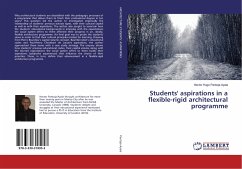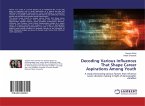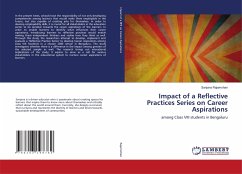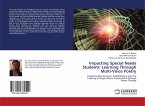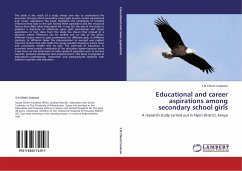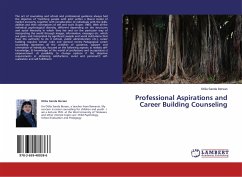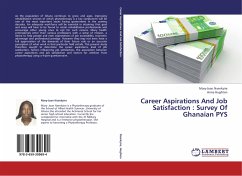Why architectural students are dissatisfied with the pedagogic processes of a programme that allows them to finish their professional degree in ten years? This question led the author to investigated empirically the relationship of students¿ previous schools types, with their cultural capital as well as with their aspirations. The author also sought to ascertain how the students¿ educational backgrounds in interplay with the expectations the social system offers to them affected their progress in an, ideally, flexible architecture programme. His final goal was to probe the students' views in order to find their cultural principles (codes) for learning. Drawing from Pierre Bourdieüs capital volume concept, Basil Bernstein's educational codes and Paul-Henry Chombart de Lauwe's aspirations, the author approached these issues with a case study strategy. The enquiry shows how students¿ previous educational codes, their capital volume along with the blurred expectations the social system offers to them builds their aspirations (subjective experiences) that influence the choice of their priorities. These, in turn, define their advancement in a flexible-rigid architecture programme.
Hinweis: Dieser Artikel kann nur an eine deutsche Lieferadresse ausgeliefert werden.
Hinweis: Dieser Artikel kann nur an eine deutsche Lieferadresse ausgeliefert werden.

